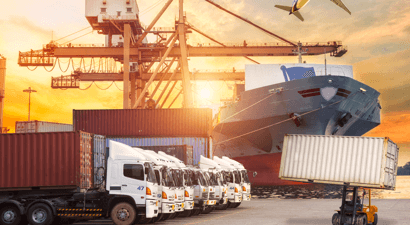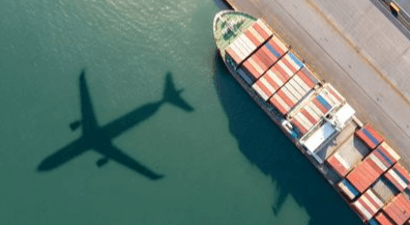TARIFF WARS: WHAT THE WTO!
The General Agreement on Tariffs and Trade (“GATT”), established in 1947, was a multilateral agreement aimed at reducing or eliminating trade barriers, thus promoting international trade. It sought to achieve this by reducing or lowering tariffs, eliminating discriminatory trade practices and providing a system for resolving trade disputes between member countries.
The United States of America (“the USA”) and the Republic of China (“China”) were both members of GATT, before it evolved into the World Trade Organization (“WTO”) in 1995. Both countries are now members of the WTO, which is the only global organization that deals with the rules of trade between nations. The main objective of the WTO is to ensure that trade flows smoothly, predictably, and freely by providing a framework for negotiating and formalizing trade agreements and resolving trade disputes between member countries.
President of the USA, Donald Trump (“Trump”), first started a trade war with China in approximately 2018, when he began setting tariffs and other trade barriers against China. This trade war appeared to have simmered down until recently. A trade war is an economic conflict often resulting from extreme protectionism, in which states raise or implement tariffs or other trade barriers against each other as part of their commercial policies, in response to similar measures imposed by the opposing party.
In as early as January 2025, Trump yet again commenced trade wars against not only China, but other countries as well. The trade wars escalated significantly in early April, when Trump announced his long-promised “reciprocal” tariffs, which saw retaliation from several of the affected nations, with China leading the charge.
This recent emergence of tariff wars has seen many question the role and effectiveness of the WTO in ensuring that trade flows smoothly, predictably, and freely, considering these unprecedented and unpredictable times. Some of these concerns stem from the limited engagements by the WTO on these issues, minimal use of WTO dispute resolution processes on these issues and the appellate body of the WTO currently being unfunctional, due to the USA blocking the appointment and reappointment of appellate body members, resulting in the paralysis of the dispute settlement system.
China has however requested WTO dispute consultations with the USA relating to its “reciprocal” tariffs. A request for consultations formally initiates a dispute in the WTO. Consultations allow the parties to discuss the issues in dispute, with the aim of resolving the dispute without litigation. If after 60 days the matter remains unresolved, the complainant may request adjudication by a panel. The decision of the panel is appealable to the appellate body of the WTO, which is currently in limbo.
It is unclear when these trade wars will be resolved, but what is clear is that the WTO is unlikely to play a significant role in resolving them. The question which remains, is what does this mean for international trade? Only time will tell.





